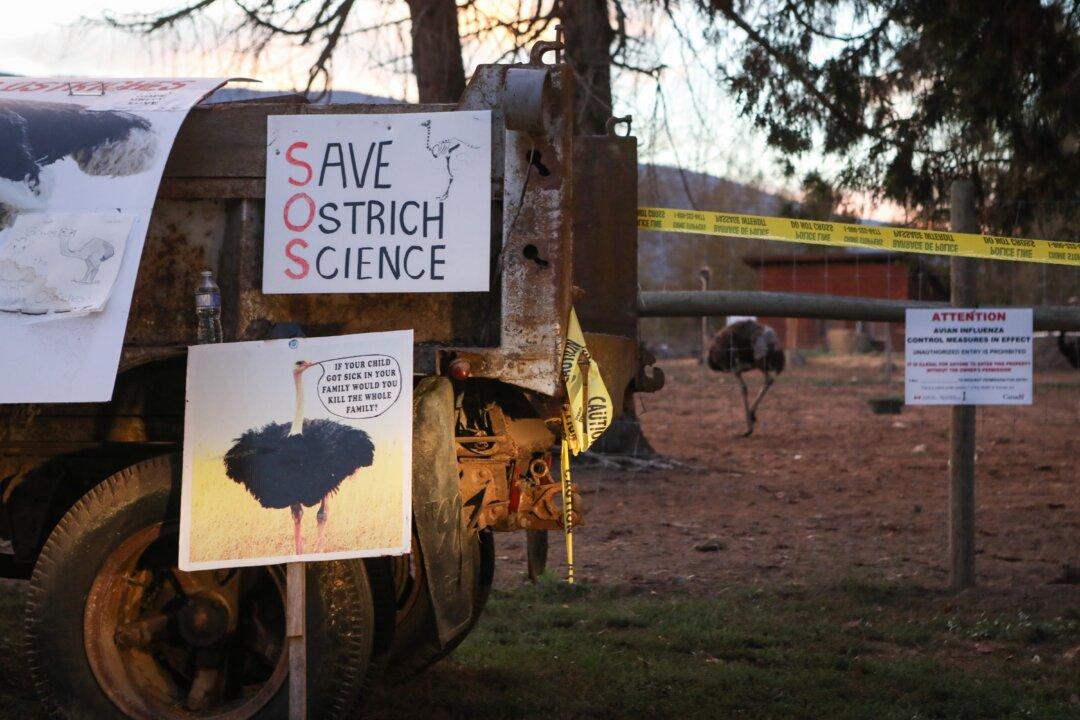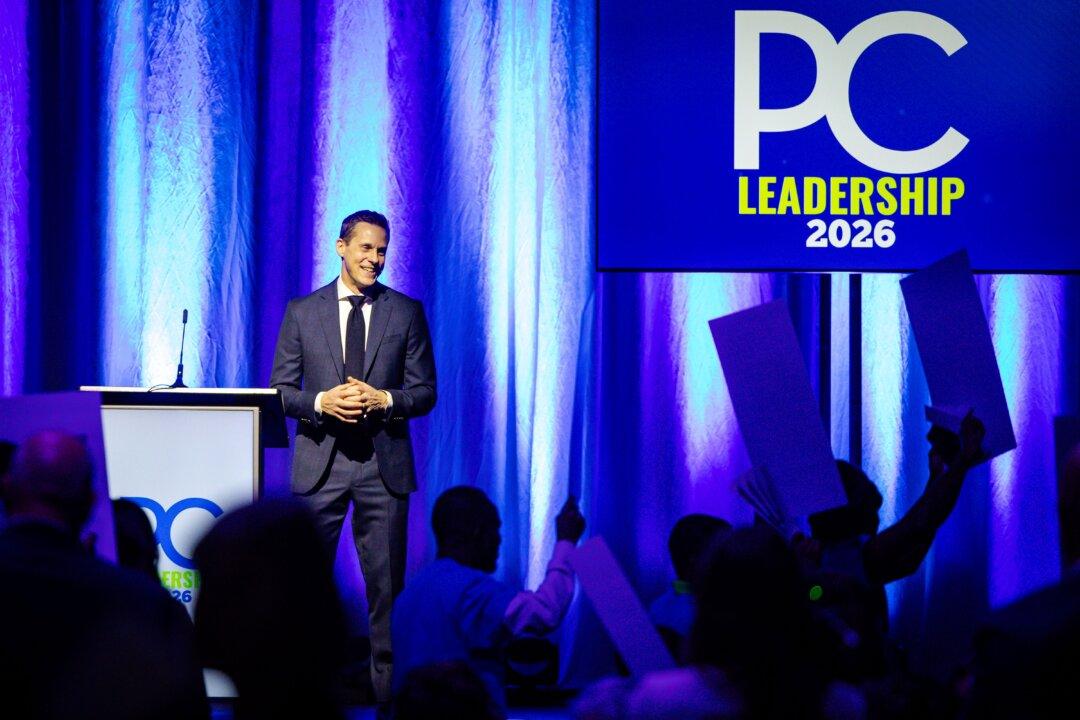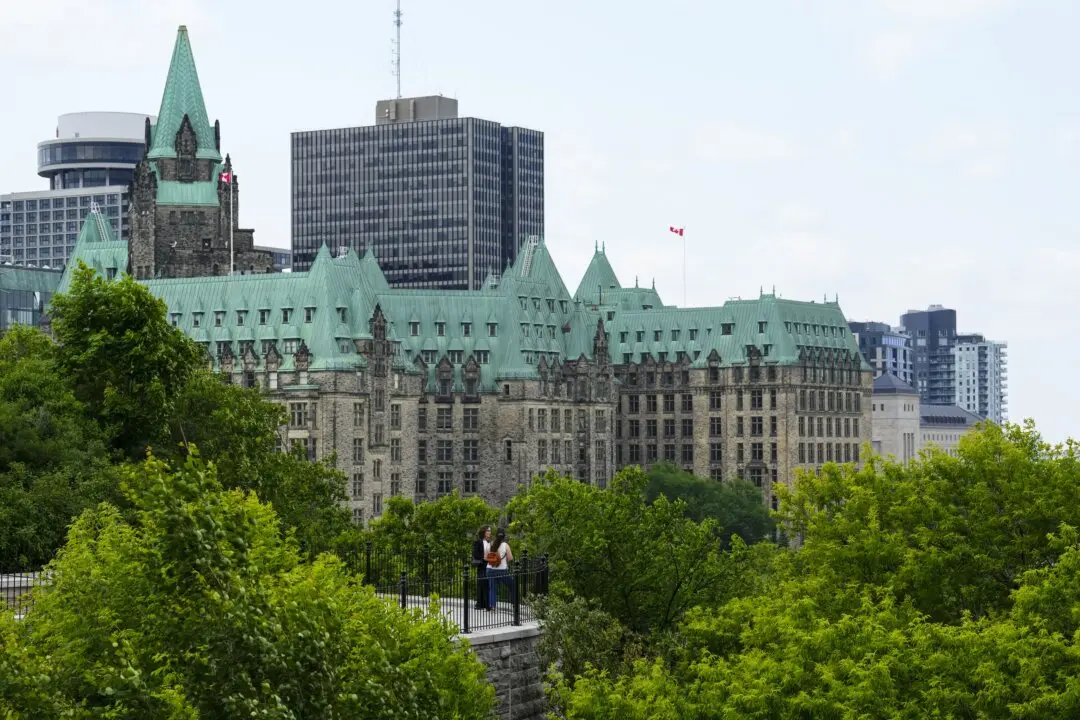Liberal Leader Mark Carney said his party would be releasing its costed platform on April 19, while Conservative Leader Pierre Poilievre said his government would scrap new restrictions on food packaging, and NDP Leader Jagmeet Singh said he would provide more support for farmers.
Carney made his remarks during a news conference in Niagara Falls on April 18, saying that his party’s costed platform would be released the next day.





